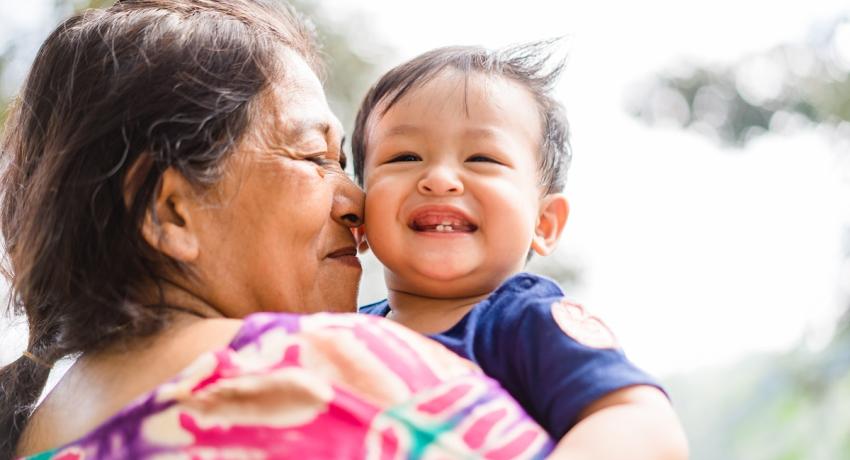Olympia, WA – All child welfare cases in Washington state will now be considered an Indian child welfare case if there is reason to know a child may be an Indian child, or until it can be ruled otherwise under the newly revised Indian Child Welfare (ICW) policies and procedures that go into effect on July 1.
Revisions to ICW policies were made in collaboration between the Department of Children, Youth, and Families (DCYF) and tribes; a two-and-a-half-year process that followed several defining Washington Supreme Court cases.
The newly revised policies provide better clarity for DCYF, tribal governments, and courts regarding when and how a child welfare case falls under the Indian Child Welfare Act. This broader interpretation of ‘reason to know’ will ensure that the familial and ancestorial ties of Indian children will be prioritized.
“We are committed to upholding the sovereignty of tribes in our state and to foster and strengthen our government-to-government relationships,” said Tleena Ives, DCYF’s Director of Tribal Relations. “We are ready to transition to these new policies and procedures and believe that they will be impactful for the families, children, and communities we serve.”
Procedures have also been revised to better define DCYF’s process when working with ICW cases, requiring a higher level of engagement from staff and ensuring that families have access to culturally appropriate services.
Applying the new ‘reason to know’ standard significantly improves DCYF’s ability to provide services to Indian children and communities. Between January 2020 and June 2021, 5% of children and youth entering out-of-home care were served under ICW policy. When applying the ‘reason to know’ standard, this percentage increases by 9% and potentially as much as 21%.
For more information, visit the ICW webpage.

